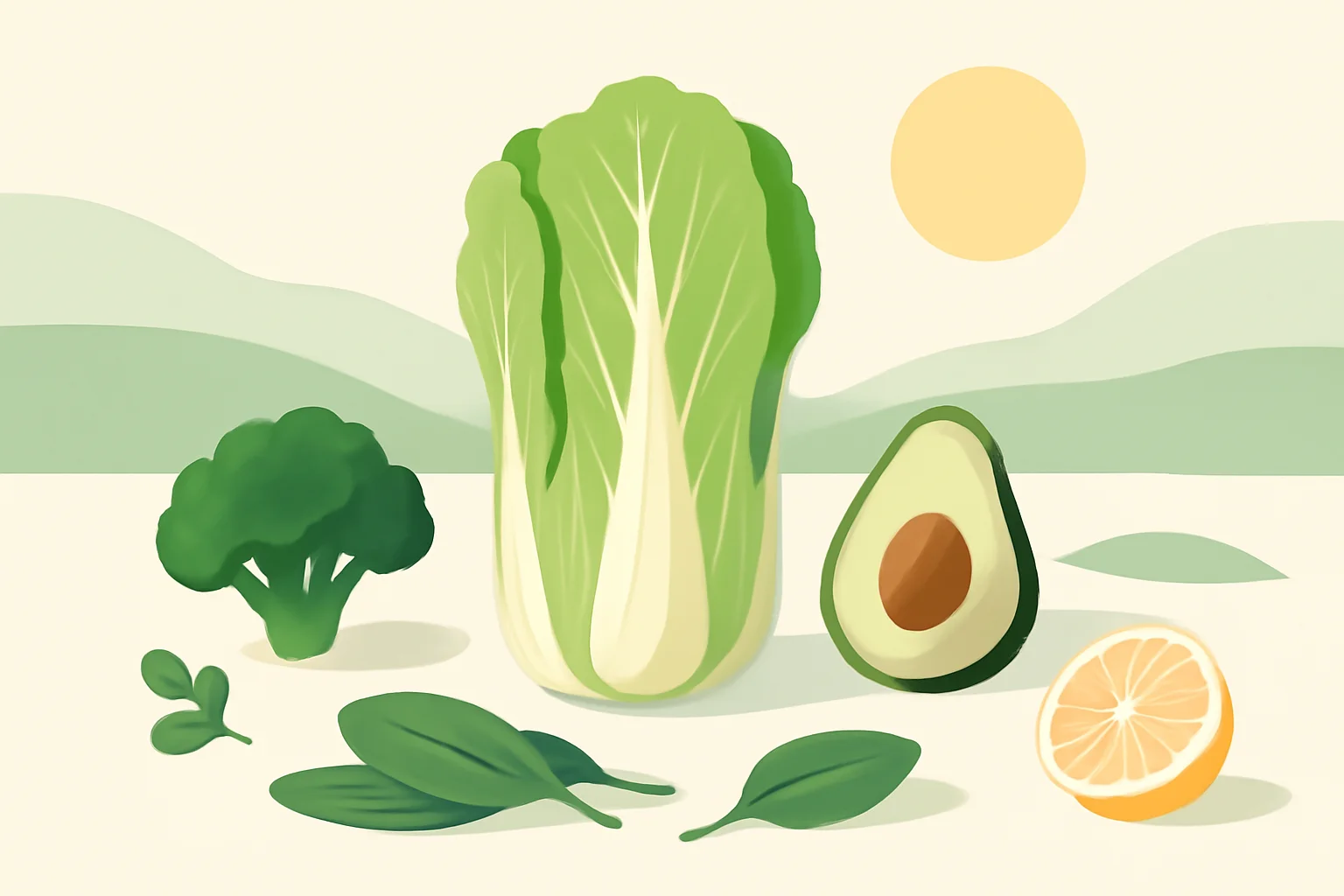
The Beneficial Effects of Chinese Cabbage on Our Health and Nutrition
The Chinese cabbage, also known as pak choi, is becoming an increasingly popular vegetable in various parts of the world, not only for its role in nutrition but also for its numerous health benefits. This vegetable belongs to the Brassicaceae family, which includes broccoli, cabbage, and Brussels sprouts. It is rich in nutrients, vitamins, and minerals, making it not only a delicious but also a healthy choice.
Chinese cabbage is high in antioxidants, which can help neutralize free radicals, thereby contributing to the protection of cells. Additionally, due to its low calorie content, it can be an ideal choice for those who are mindful of their weight or simply want to eat healthier. Its taste is mildly sweet and crunchy, making it easy to incorporate into various dishes, whether in salads, soups, or stir-fries.
Moreover, Chinese cabbage is extremely versatile and can easily be integrated into everyday diets, appearing in various culinary traditions. From Asian cuisine to Mediterranean dishes, it can be used in many ways. The vegetable is not only nutritious but also a popular choice among chefs who want to enrich the flavor of their dishes with its pleasant taste and texture.
Nutritional Content of Chinese Cabbage
The nutritional content of Chinese cabbage deserves attention. It is rich in vitamins and minerals, particularly vitamins A, C, and K. Vitamin A plays an important role in vision and skin health, while vitamin C has antioxidant properties, helps strengthen the immune system, and contributes to collagen production, which supports skin elasticity and health. Vitamin K is essential for blood clotting and plays an important role in bone health.
In addition, Chinese cabbage contains minerals such as calcium, iron, and magnesium. Calcium contributes to the health of bones and teeth, while iron is important for the formation of red blood cells, which is essential for proper oxygen supply in the body. Magnesium is involved in numerous biochemical processes, including the functioning of muscles and nerves.
Besides its nutrient content, Chinese cabbage is also rich in fiber, which helps regulate bowel function and maintain a feeling of fullness. Fiber is important for digestion as it promotes gut health and contributes to reducing the risk of cardiovascular diseases.
Health Benefits for the Immune System
One of the health benefits of Chinese cabbage is its ability to strengthen the immune system. The vitamins and minerals it contains contribute to the proper functioning of the body’s defense system. Vitamin C, which is present in significant amounts in Chinese cabbage, is not only an antioxidant but also helps in the production of white blood cells, which play a key role in the immune response.
Consuming Chinese cabbage is especially important during the winter months when the incidence of colds increases. In addition to strengthening the immune system, eating this vegetable can help reduce inflammation. Inflammatory processes often contribute to the development of various chronic diseases, so anti-inflammatory foods like Chinese cabbage can be an important part of a healthy diet.
The antioxidants found in Chinese cabbage, such as flavonoids and carotenoids, also contribute to strengthening the immune system by helping to neutralize free radicals in the body. This reduces the risk of cell damage, which is linked to the development of various diseases, including cancer and heart disease.
Moreover, consuming Chinese cabbage can help maintain gut health, which is also important for the immune system’s functioning. A healthy gut flora contributes to nutrient absorption and suppresses harmful bacteria, thereby strengthening the body’s defenses.
Effects on the Cardiovascular System
Eating Chinese cabbage has beneficial effects on heart and vascular health as well. Thanks to its low calorie content and high fiber content, it can help control body weight, which plays a key role in preventing heart diseases. Overweight and obesity often lead to various cardiovascular problems, so incorporating this vegetable into the diet can help reduce risks.
The antioxidants in Chinese cabbage, such as vitamin C, also contribute to heart health. These compounds can help lower cholesterol levels, which is also important in preventing cardiovascular diseases. The potassium in the vegetable positively affects blood pressure by helping to reduce sodium levels, thus contributing to maintaining normal blood pressure.
Fiber not only aids in bowel function but also plays a role in lowering cholesterol levels. High-fiber foods, like Chinese cabbage, can help reduce LDL (bad) cholesterol levels, which decreases the risk of heart disease.
Furthermore, consuming Chinese cabbage can contribute to reducing inflammatory processes, which are also linked to heart diseases. To reduce inflammation, it is important for the diet to be rich in antioxidants and anti-inflammatory foods, such as Chinese cabbage.
Enjoyable Culinary Uses
The versatility of Chinese cabbage allows it to be used in a variety of dishes, enriching our diets. It can be consumed in salads, soups, stir-frys, or even steamed, allowing everyone to find their preferred way to enjoy this vegetable.
It can easily be integrated into daily meals as it can be prepared quickly. For salads, for example, it just needs to be sliced and added to other vegetables, seeds, or even a tasty dressing. The mild and fresh flavor of Chinese cabbage pairs well with other vegetables like carrots, cucumbers, or bell peppers.
It also works wonderfully in soups; whether prepared with a simple vegetable broth or a richer meat broth, Chinese cabbage adds a unique flavor to the dish. Its use in stir-fries is also popular, as it can be quickly steamed while retaining its crisp texture and taste.
In addition to steaming, it can also be roasted, providing a new flavor experience for the vegetable. Chinese cabbage can be a delicious and healthy side dish to meat dishes or served as a main course, for instance, combined with tofu or other plant-based proteins.
The possibilities are endless, and it’s worth experimenting with various spices and seasonings to find the most delicious variation for yourself. Chinese cabbage is not only healthy but also a tasty and versatile vegetable that can enrich our daily nutrition.
It is important to note that this article does not substitute for medical advice. For any health issues, please consult your doctor or a qualified healthcare professional.

